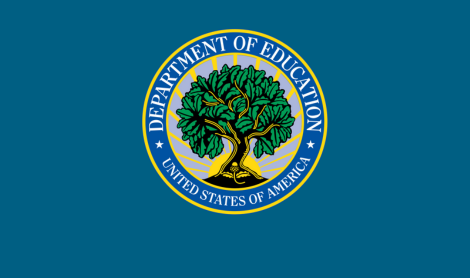The charter school promise is built on three core principles: accountability, autonomy, and access. Without all three, the promise falls apart. That’s why great authorizers are dedicated to a mission of creating access to better schools. This means they are proactively facilitating the opening of new schools and maintaining high standards for schools to remain open.
But as the charter sector continues to grow and evolve, the role of authorizing must go beyond quality openings and closings. Charter schools are no longer on the fringe of the public school landscape, operating outside and apart from the rest of the system. As enrollment grows and charters serve a greater share of public school students—at least 30 percent in more than 20 districts—the ways students and families navigate all public schools is also changing. This requires new thinking about the role of authorizing in ensuring equitable access for all students.
So, what do we mean by access and equity? While no definition is perfect, we will be working off definitions based on the Glossary of Education Reform:
- Educational Access: The ways in which educational institutions and policies strive to ensure the removal of any barriers that might prevent some students from equitable participation in certain courses or academic programs.
- Educational Equity: Raising the achievement of all students, while narrowing the gaps between the highest and lowest performing students and eliminating the racial predictability and disproportionality of which student groups occupy the highest and lowest achievement categories.
With these definitions in mind, NACSA is examining our work and the ways quality authorizing can remove barriers for students—especially since we know these inequalities impact certain demographics of students more than others. For instance, the 2018 edition of our Principles & Standards for Quality Charter School Authorizing was updated to include more explicit guidance on the intersections of day-to-day authorizing and access and equity issues. Equity, diversity, and inclusion were common threads throughout sessions at our conference last month in St. Louis, and we plan to facilitate more conversations like this at future events.
To address emerging state policy questions, we will be releasing new policy resources and research over the next year that address access and equity issues. The first resource—released today—looks at how state policy can assist authorizers in facilitating equitable access to all charter schools via transportation, informed by our recent research into what kinds of transportation is being proposed in charter proposals in places where state law doesn’t mandate charters to provide transportation.
Of course, when it comes to charter policy, context matters a lot. While we hope all our resources will be helpful to partners across the country, we recognize that needs vary tremendously state by state. We encourage policymakers, authorizers, and partners to share your needs and provide our Policy Team with feedback on the new resources as they launch. Your input is essential to help the charter sector learn from and build upon your challenges and successes.
Great authorizing is about finding new and different ways to deliver schools that all kids in our communities deserve and can access. Together, we can help all charters live up to the promise of being great schools that are accessible and open to all.


